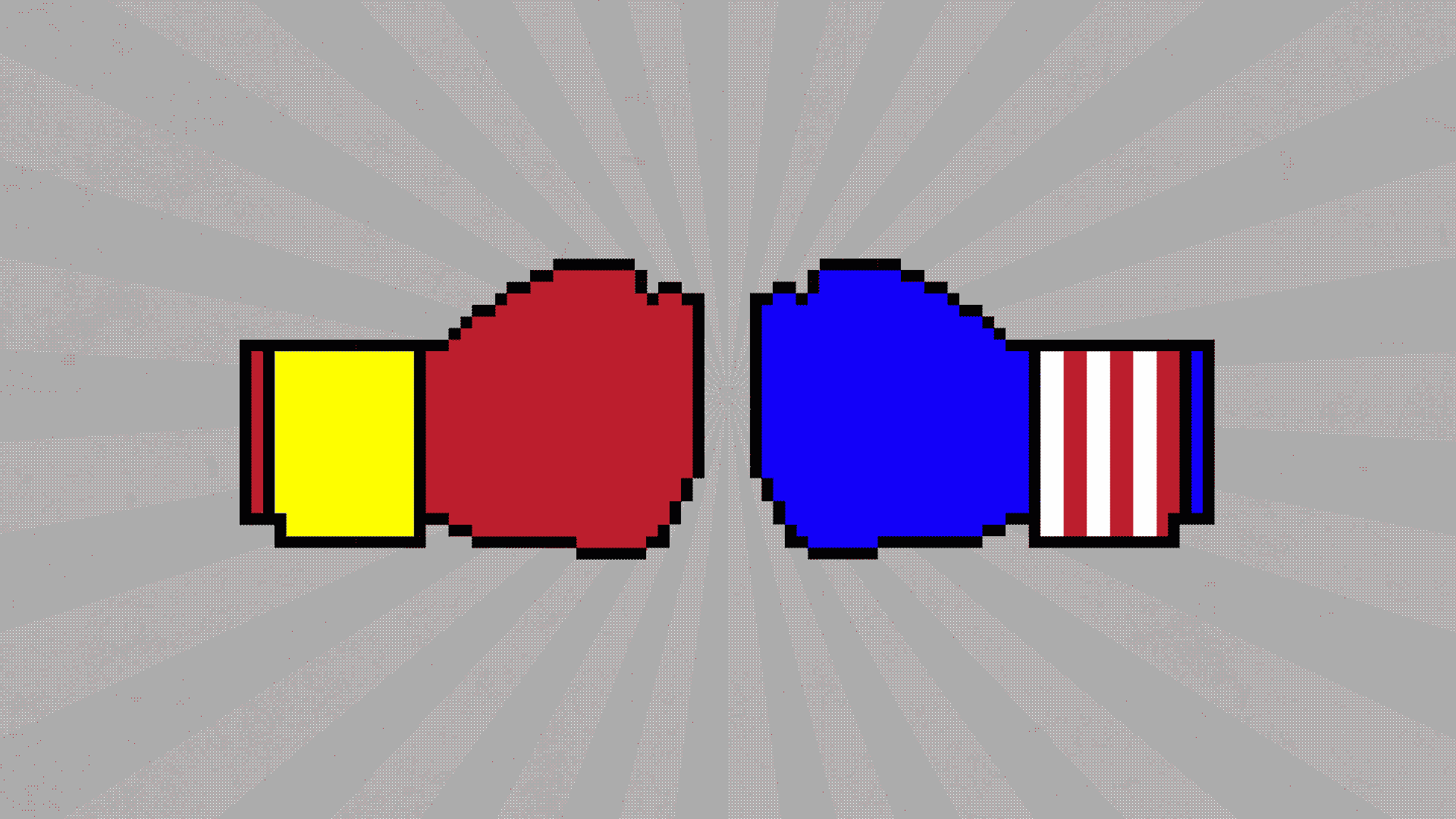
Illustration: Rebecca Zisser/Axios
Apple CEO Tim Cook for the first time since the pandemic traveled to China this weekend, where he touted the company’s strong relationship with the country at a business conference organized by the Chinese government.
Why it matters: Cook’s trip, which came just days after a bipartisan group of lawmakers grilled TikTok CEO Shou Zi Chew on Capitol Hill, demonstrates the thin line tech executives must straddle between currying favor with their home countries and the foreign markets they rely on.
Driving the news: Cook delivered an impassioned speech at the annual China Development Forum on Saturday, noting that the relationship between China and Apple has been “symbiotic” and one that both parties have “enjoyed.”
- “I am thrilled to be back in China. It means the world to me, and I feel really privileged to be here,” the Wall Street Journal quoted him saying.
Between the lines: Apple has relied heavily on China for years to produce most of its global hardware products.
- The pandemic, however, forced the firm to reconsider ways it should diversify its supply chain.
- The company is reportedly looking to move some of its MacBook manufacturing efforts over to Vietnam with the help of Foxconn, one of its top suppliers, Forbes reports.
- Still, China remains a key partner and a large market for the firm. Apple reported nearly $24 billion in sales in China in the last quarter of 2022, making the country its second-largest market for product sales outside of the U.S., closely behind Europe.
Be smart: Cook’s trip underscores how different the Chinese relationship can be for manufacturing firms versus software companies.
- Most U.S. software giants are unable to operate in China, due to censorship demands.
- Many of China’s top mobile apps have found a large audience in the U.S., but few U.S. apps are able to penetrate the Chinese market.
The big picture: The U.S. government’s concerns that imports of foreign technology could pose national security risks are heightening tensions between Beijing and Washington.
- U.S. lawmakers have so far mostly taken aim at hardware and enterprise technology firms like Huawei and ZTE. The government banned sales and imports of new telecommunication devices from those companies in the U.S. last year.
- TikTok is the first major consumer app that lawmakers are publicly threatening to ban. On Monday, Punchbowl news reported that Sen. Josh Hawley (R-Mo.) wants the Senate to vote this week on legislation he introduced to ban TikTok.
What to watch: In the past, some companies have faced pressure over their tight business relationships with China.
- Apple is so far staying close to China without apparently paying much of a price, even in an era when Chinese firms like TikTok face intense criticism in the U.S.

